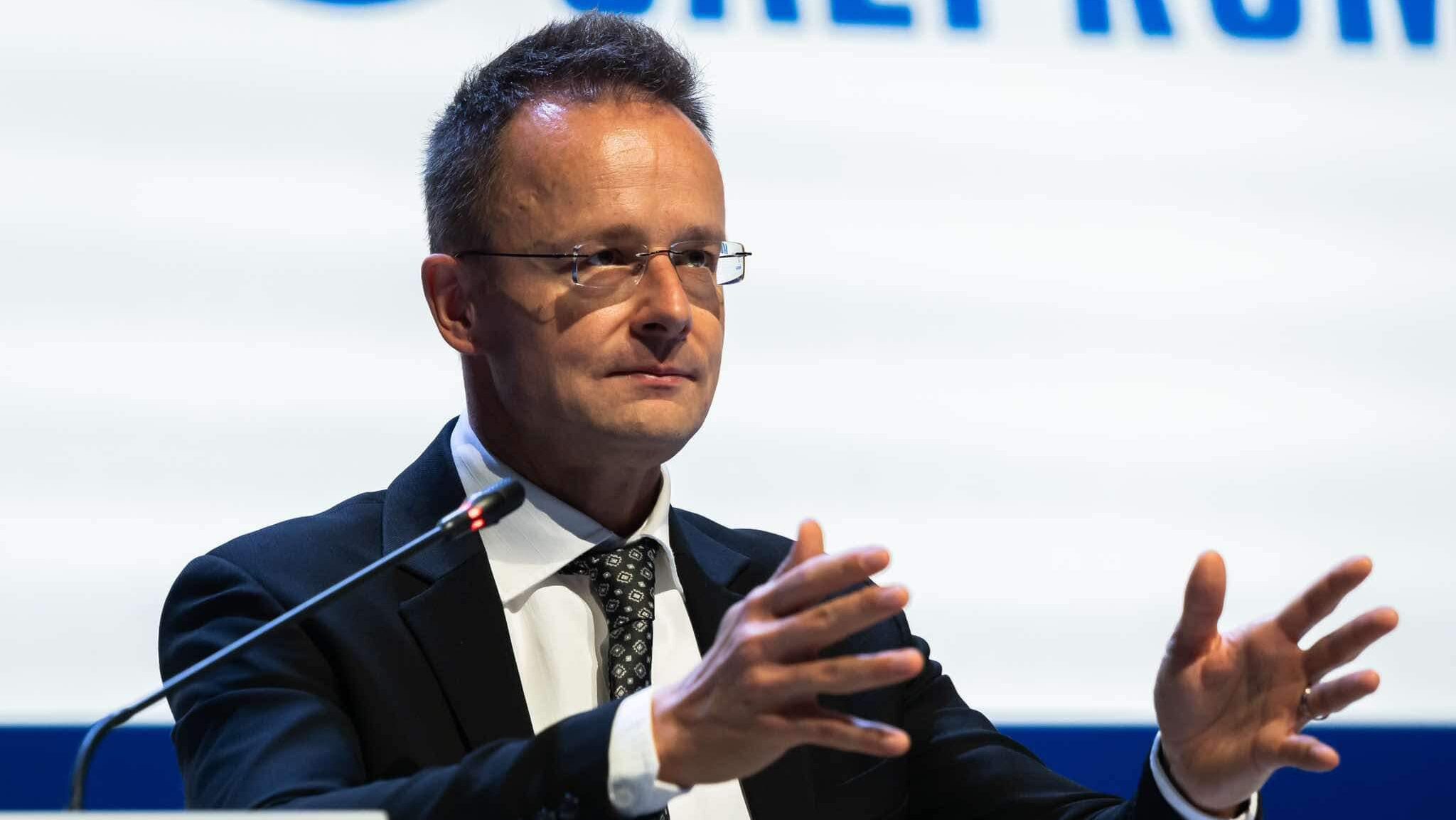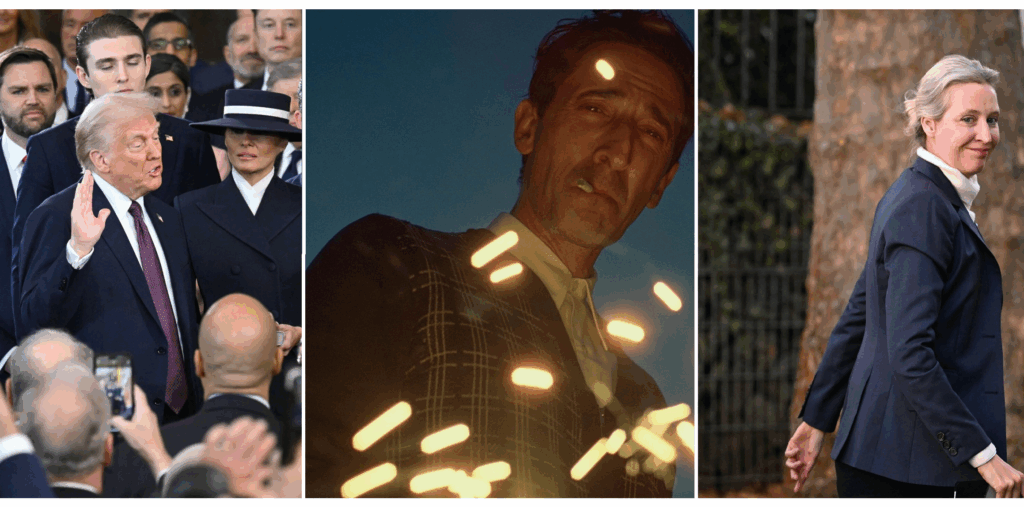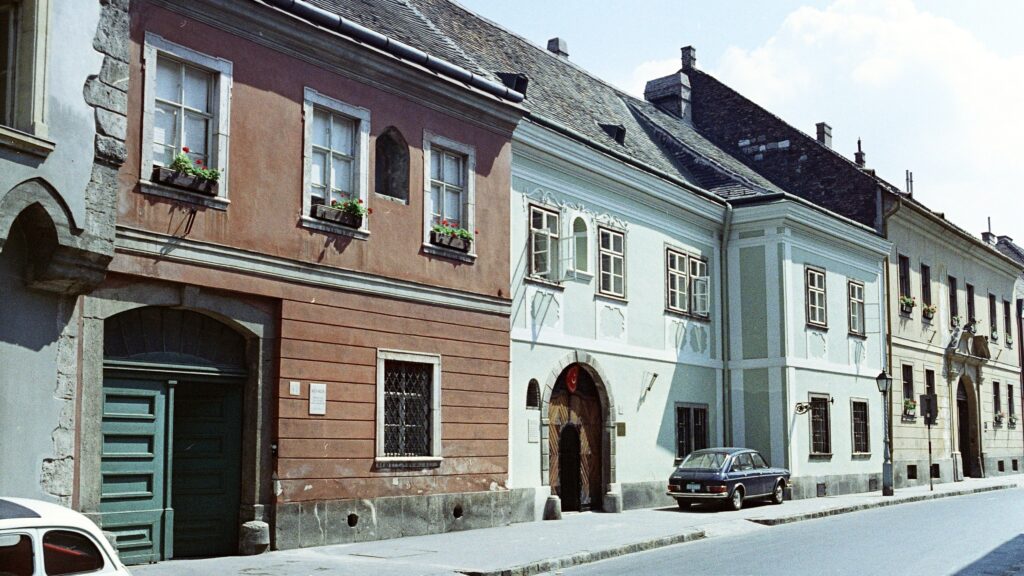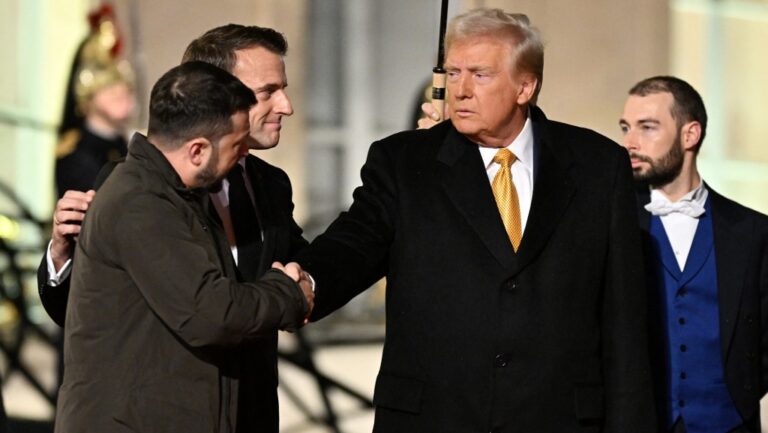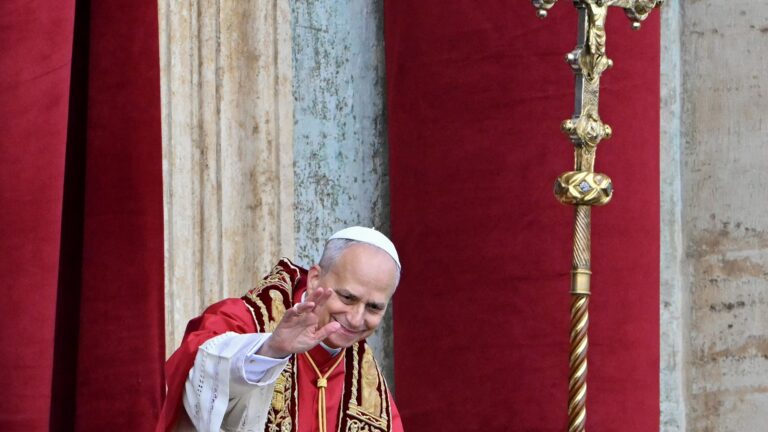During his visit to Saint Petersburg last week Hungarian Minister of Foreign Affairs and Trade Péter Szijjártó gave an interview to the Russian news agency RIA Novosti. However, the headline of the interview misrepresented the Hungarian diplomat’s words. It was published under the title: ‘Сийярто назвал fehlerку NATO, которая привела к конфликту на Украине’, meaning ‘Szijjártó called NATO’s mistake the cause of the conflict in Ukraine’.
According to RIA Novosti, Szijjártó stated that the current situation could have been avoided if NATO had sat down with Russia in 2021 to discuss a draft treaty on security guarantees. The article further states that the Hungarian foreign minister was referring to demands made in 2021, suggesting that NATO should have renounced all military activity within the territory of the former Soviet Union and Russia’s sphere of influence, including Ukraine, Eastern Europe, the Transcaucasus, and Central Asia. In practice, this would mean NATO retreating behind its 1997 borders, with the exception of the Baltic region.
‘We reject any and all attempts aiming to dishonestly twist the words of the Foreign Minister’
Spokesman for the Hungarian Ministry of Foreign Affairs and Trade Máté Paczolay addressed the controversial headline in response to an inquiry by Telex, stating: ‘We reject any and all attempts aiming to dishonestly twist the words of the Foreign Minister.’ He clarified that Szijjártó was not specifically referring to the security guarantees proposed by Russia in 2021. Instead, Szijjártó was speaking about the period immediately preceding the war, highlighting that ‘real dialogue and genuine negotiations between the parties could have provided a chance to avoid the conflict.’
As reported by Hungarian Conservative, Péter Szijjártó travelled to Saint Petersburg for the International Gas Forum, a visit that immediately drew criticism from those already critical of the Hungarian government. US Ambassador to Hungary David Pressman targeted Szijjártó on social media, writing in a post on X: ‘The Foreign Minister of Hungary travelled to Russia for the 11th time since Russia’s full-scale invasion of Ukraine—in pursuit of profit, not peace.’
The Hungarian FM stated in Saint Petersburg that cooperation with Gazprom provides not only competitive pricing but also energy security for Hungary. He added that, based on the long-term contract with the gas supplier and additional trade agreements, 60 per cent of Hungary’s annual gas consumption is already secured in storage.
Related articles:

